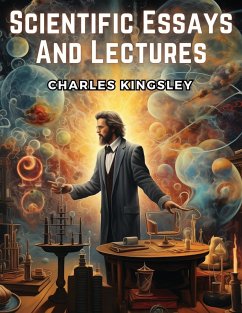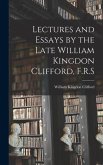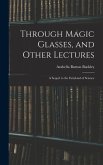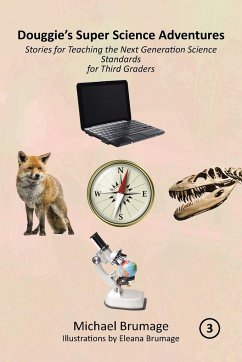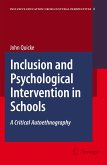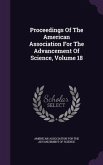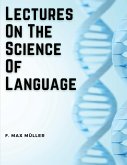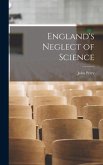Scientific Essays and Lectures by Charles Kingsley is a collection of essays and lectures on various scientific topics. The book is divided into three parts, each dealing with a different area of science. The first part covers geology, including essays on the formation of the earth, the age of the earth, and the history of the earth's surface. The second part covers biology, with lectures on the theory of evolution, the nature of life, and the relationship between science and religion. The third part covers physics, including lectures on the nature of light, the laws of motion, and the structure of matter. Throughout the book, Kingsley explores the relationship between science and religion, arguing that the two are not mutually exclusive but rather complementary. He also emphasizes the importance of scientific inquiry and discovery in advancing human knowledge and understanding of the natural world. Overall, Scientific Essays and Lectures is a thought-provoking and insightful exploration of some of the most important scientific topics of the 19th century.The superstitious man, according to him, after having washed his hands with lustral water--that is, water in which a torch from the altar had been quenched--goes about with a laurel-leaf in his mouth, to keep off evil influences, as the pigs in Devonshire used, in my youth, to go about with a withe of mountain ash round their necks to keep off the evil eye. If a weasel crosses his path, he stops, and either throws three pebbles into the road, or, with the innate selfishness of fear, lets someone else go before him, and attract to himself the harm which may ensue. He has a similar dread of a screech-owl, whom he compliments in the name of its mistress, Pallas Athene.
